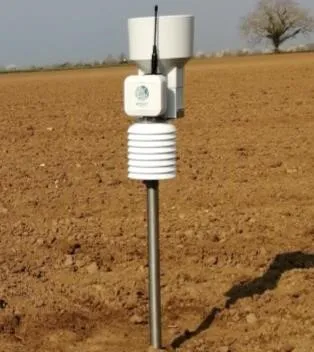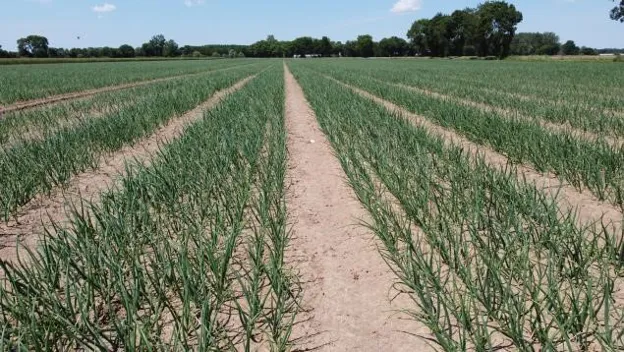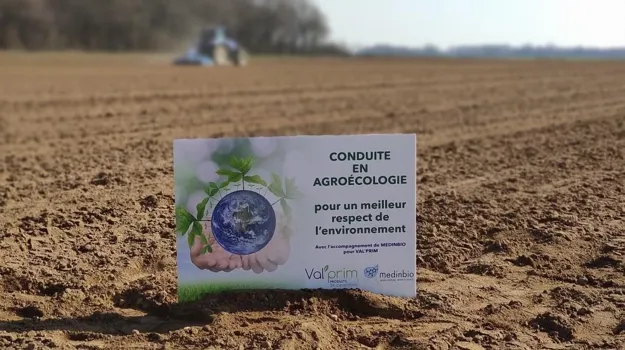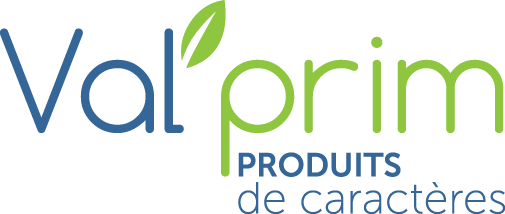Val’Prim is a company that produces, packs and sells condiments (garlic, onion, shallots). In a rapidly changing context, Val’Prim’s ambition is to meet consumer expectations and adapt to the market requirements, especially by developing its plant production. Val’Prim therefore experiments with new technical ways to reduce the environmental, sanitary and economic impacts of applying fungicides.
Better reasoned interventions thanks to weather stations
The development of diseases is dependent on weather conditions. However, these can vary greatly from one year and one region to another. In order to assess the risk of disease development, it is therefore necessary to monitor all the weather conditions favorable to the increase of fungal pressure. For mildew (main onion disease), it is essential to monitor hygrometry, temperatures and rainfall during the day and night. In order to conduct this titanic task, Val’Prim installed weather stations in all its production areas.
This way, the company analyzes the data gathered by its station thanks to a model of prediction of the mildew risks on onions. Connected to the data from their stations, this model calculates permanently the risks of development of the disease: an undeniable asset for its management.
This year, the model helped reduce by 75 to 85% the number of interventions usually decided without weather stations over the past 3 years. Always eager to improve its practices, Val’Prim is already working with its weather station supplier in order to evaluate and develop a new model for always more efficient predictions.


Substituting synthetic products with natural ones to limit the impact of production
In order to limit the environmental impact of its application of phytosanitary products, Val’Prim has been experimenting for two years now with a route without synthetic fungicides on onions. To do so, this itinerary relies on the application of natural products stimulating plant defenses or fighting pathogens directly. However, contrary to synthetic phytosanitary products, these natural products’ persistence of action is low. The approach consists in the regular and preventive application of natural defense stimulators.
Nevertheless, the efficiency of this stimulation remains lower than that of conventional products. It is therefore necessary to apply other natural products, mainly based on essential oils, in order to offer the same protection during contamination peaks. The decision rules for the application of the products then depend on the weather conditions.

Obtaining the HEV certification
In order to better manage its plant production, including the sanitary and environmental aspects, Val’Prim started working on the HEV (High Environmental Value) certification in 2018.
The evaluation and main indicators have helped improve the phytosanitary strategy (reduction of chemical inputs), as well as the preservation of biodiversity, fertilizer management and quantitative water management.
This approach has just become a reality as the company recently obtained the HEV certification on 4 of its farms.
For more information: S.A.S. VAL’PRIM
S.A.S. VAL’PRIM
Zone Anjou Actiparc
Rue de la plaisance
49160 Longue-Jumelles
Phone: 02 41 40 30 80
contact@valprim.fr
